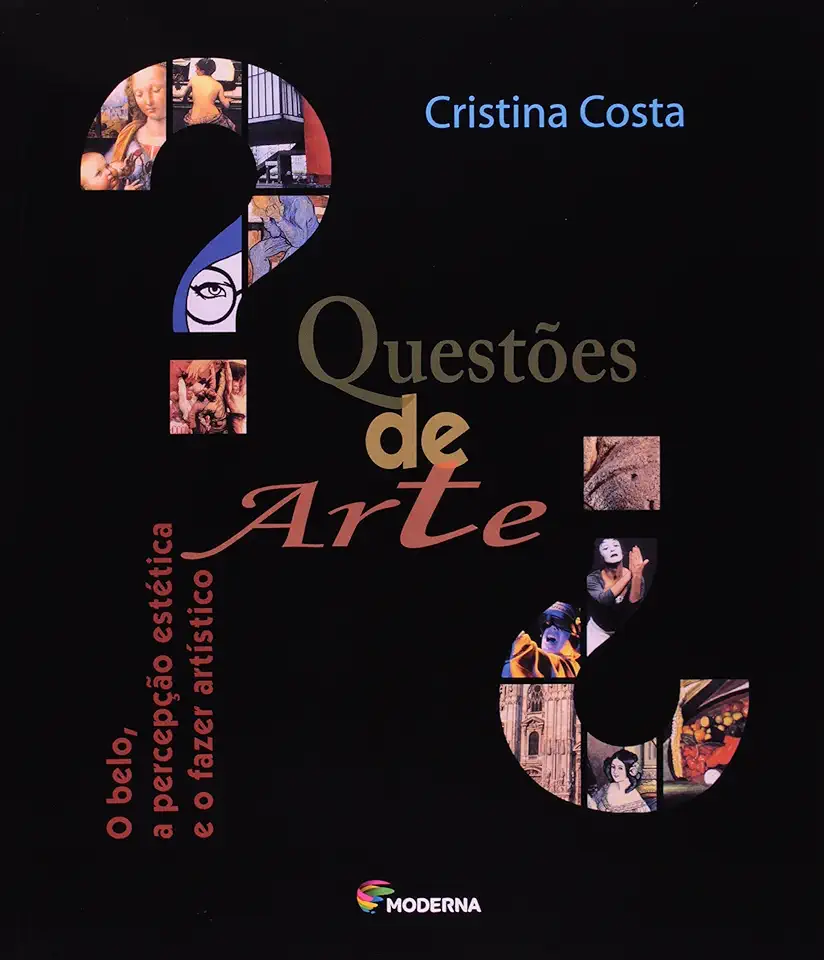
Art Issues - Cristina Costa
Art Issues: Contemporary Art and the Politics of Identity
Introduction
In her groundbreaking book, Art Issues: Contemporary Art and the Politics of Identity, Cristina Costa offers a critical examination of the relationship between contemporary art and the politics of identity. Costa argues that contemporary art is a powerful tool for understanding and challenging the social and political forces that shape our identities. Through a series of case studies, Costa explores how artists use their work to address issues of race, gender, sexuality, and class. She also examines the role of art institutions in shaping the public's understanding of contemporary art.
Art and Identity
Costa begins by exploring the complex relationship between art and identity. She argues that art is not simply a reflection of identity, but rather a way of constructing and negotiating it. Artists use their work to explore their own identities, as well as the identities of others. They also use art to challenge the dominant narratives about identity that are circulated by the media and other social institutions.
Race and Art
One of the most important ways that contemporary art addresses the politics of identity is through the exploration of race. Costa examines the work of artists such as Kara Walker, Glenn Ligon, and Lorna Simpson, who use their work to challenge the racist stereotypes that are prevalent in society. These artists also use their work to celebrate black culture and history.
Gender and Art
Costa also explores the relationship between gender and art. She examines the work of artists such as Cindy Sherman, Barbara Kruger, and Jenny Holzer, who use their work to challenge the patriarchal structures that dominate society. These artists also use their work to empower women and to give voice to their experiences.
Sexuality and Art
Costa also examines the relationship between sexuality and art. She examines the work of artists such as Robert Mapplethorpe, Keith Haring, and Nan Goldin, who use their work to challenge the heteronormative assumptions that are prevalent in society. These artists also use their work to celebrate queer culture and history.
Class and Art
Costa also explores the relationship between class and art. She examines the work of artists such as Andy Warhol, Jean-Michel Basquiat, and Damien Hirst, who use their work to critique the economic inequalities that are prevalent in society. These artists also use their work to give voice to the experiences of the working class.
Art Institutions and the Politics of Identity
Costa also examines the role of art institutions in shaping the public's understanding of contemporary art. She argues that art institutions are not neutral spaces, but rather sites of power and ideology. Art institutions have the power to determine which artists are exhibited, which works of art are collected, and how contemporary art is interpreted. Costa argues that art institutions need to be more inclusive and democratic in order to better reflect the diversity of contemporary art.
Conclusion
In Art Issues: Contemporary Art and the Politics of Identity, Cristina Costa offers a powerful and provocative analysis of the relationship between contemporary art and the politics of identity. Costa's book is a must-read for anyone interested in contemporary art, cultural studies, or the politics of identity.
Why You Should Buy This Book
Art Issues: Contemporary Art and the Politics of Identity is a groundbreaking book that offers a critical examination of the relationship between contemporary art and the politics of identity. Costa's book is essential reading for anyone interested in contemporary art, cultural studies, or the politics of identity.
Here are a few reasons why you should buy this book:
- Costa's book is well-written and engaging. She presents her arguments clearly and concisely, and she uses a variety of examples to illustrate her points.
- Costa's book is comprehensive. She covers a wide range of topics, including race, gender, sexuality, class, and the role of art institutions.
- Costa's book is thought-provoking. She challenges the reader to think critically about the relationship between art and identity.
If you are interested in contemporary art, cultural studies, or the politics of identity, then I highly recommend that you buy Art Issues: Contemporary Art and the Politics of Identity.
Enjoyed the summary? Discover all the details and take your reading to the next level — [click here to view the book on Amazon!]